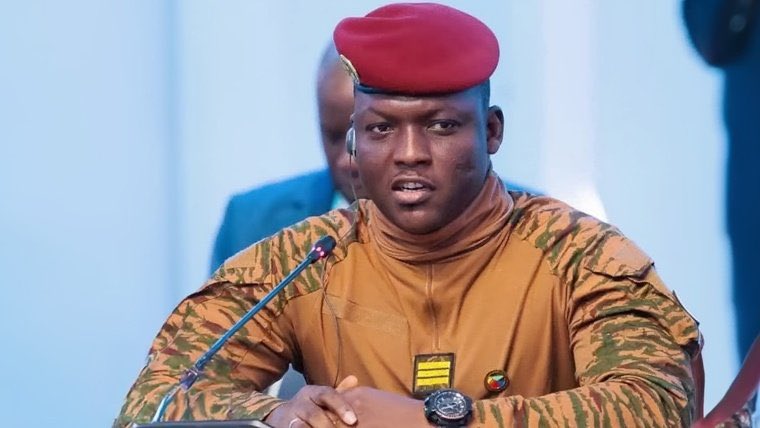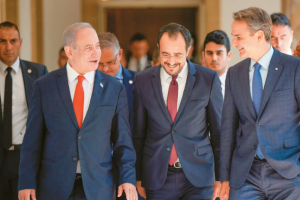By Nungua Burnaboy
Burkina Faso’s President Ibrahim Traoré, who assumed power in September 2022, has implemented sweeping reforms over the past two years, focusing on economic self-reliance and cultural identity.
Traoré launched the Postal Bank of Burkina Faso in 2024 with a capital of 15 billion FCFA ($25 million), aiming to enhance financial inclusion.
The country opened its first gold refinery in 2024, processing 142 tonnes of raw material to produce 93kg of refined gold, marking a shift from exporting unrefined gold.
Traoré nationalized the Boungou and Wahgnion gold mines for $80 million, a significant discount from the $300 million price initially agreed by Endeavour Mining.
A $12 million tomato processing factory, fully funded locally, was established, making Burkina Faso the first former French colony in the sub-Saharan region to produce tomato concentrate.
Traoré initiated the National Support Center for Artisanal Cotton Processing, leveraging Burkina Faso’s position as Africa’s largest cotton producer.
The government built a factory to produce military and police uniforms domestically, ending imports and creating jobs.
Burkina Faso banned the importation of European-style wigs for lawyers, mandating 100% African attire in courts, and adopted traditional Faso Dan Fani textiles for school uniforms.
Traoré banned the importation of second-hand clothes to promote African-made attire.
The Ministry of Health received 15 mobile clinics, 36 vehicles, 3 oxygen units, and 4,000 free cataract surgeries, among other medical supplies.
An 80 billion CFA francs investment expanded Bobo-Dioulasso Airport, and Burkina Faso acquired an Embraer 170 to revive Air Burkina.
Farmers received 400 tractors, 953 motorcycles, 68,964 tonnes of fertilizer, and other supplies to boost agricultural productivity.
Traoré formed the Alliance of Sahel States with Mali and Niger, creating the world’s only confederation, and rejected rejoining ECOWAS.
A new biometric passport without the ECOWAS logo was introduced, signaling a shift in regional affiliations.
Traoré facilitated Russia’s reopening of its embassy in Burkina Faso after 31 years, strengthening ties amid a 2023 summit where Russia donated 25,000 tonnes of wheat [Ref web ID: 7].
French was dropped as an official language in favor of local languages, and French troops were expelled, ending Operation Sabre.
Traoré has survived 18 alleged assassination attempts, with a recent coup plot in April 2025 reportedly orchestrated from Ivory Coast, aiming to sow chaos.
Traoré’s reforms echo the legacy of Thomas Sankara, a revolutionary leader from the 1980s often called “Africa’s Che Guevara,” who also pushed for self-reliance.






